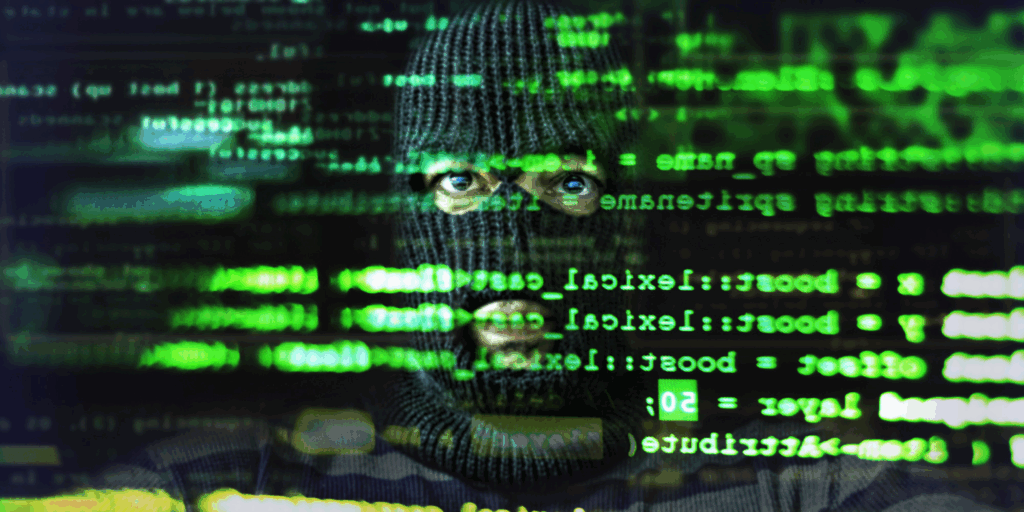The dark web remains one of the most misunderstood corners of the internet. Hidden from traditional search engines and browsers, it is often synonymous with the mysterious concept of darkmarkets. But what exactly are darkmarkets, and why are they so controversial? This blog explores the purpose of darkmarkets, the risks tied to accessing them, and their impact on the digital world. You’ll also gain insights into the methods to safely interact with these markets and a glimpse into their future.
What Are Darkmarkets
Darkmarkets are online marketplaces that operate on the dark web, a part of the internet only accessible via specialized software like Tor. Unlike conventional e-commerce websites, darkmarkets offer anonymity for both buyers and sellers. This anonymity fosters an environment where illegal items and services can be traded freely, though not all items sold on these platforms are illicit.
Common features of darkmarkets include:
- Access through anonymity tools such as Tor or I2P.
- Use of pseudonymous cryptocurrencies like Bitcoin or Monero as a payment method.
- Decentralized platforms that prevent easy shutdown by law enforcement.
A darkmarket can serve various purposes, from trading digital goods, such as software and data, to physical goods, like pharmaceuticals and counterfeit documents. These platforms often attract a mix of curious individuals, journalists, hackers, and cybercriminals.

Risks Associated With Darkmarkets
While darkmarkets promise anonymity, they come with significant risks:
1. Legal Concerns
Many items sold on dark web marketplaces are outright illegal. For example, the sale of narcotics, counterfeit currency, or hacking software is prevalent on most darkmarkets. Engaging in transactions for such items can lead to severe legal repercussions, including fines and imprisonment. Even browsing these sites may arouse suspicion from law enforcement agencies.
2. Security Threats
Darkmarkets are a hotspot for scams and malware. Buyers risk falling victim to:
– Exit scams, where sellers or marketplace administrators disappear with cryptocurrency payments before delivering products.
– Phishing attacks, in which fake darkmarket links are used to steal login credentials or cryptocurrencies.
– Malware downloads, as malicious files are often disguised as legitimate items.
3. Trust Issues
Unlike mainstream platforms with customer service, transactions on darkmarkets come with limited buyer protections. Trust ratings and reviews often attempt to substitute for safety nets, but these can be manipulated.
Security Measures for Accessing Darkmarkets
Navigating dark web markets requires heightened security and anonymity. Here are essential tips for safe exploration:
- Use a VPN before accessing the Tor network. A VPN hides your IP address even further, limiting the data visible to potential prying eyes.
- Verify Market Links by consulting a credible, updated dark market list. Fake links masquerading as legitimate marketplaces are a leading method hackers use to target users.
- Utilize Secure Payments such as Monero. Unlike Bitcoin, Monero obfuscates transaction details, making it a preferred option for anonymous payments.
- Stay Away from Personal Devices when exploring darkmarkets. Instead, use a separate, encrypted device or virtual machine isolated from personal data.
Taking these precautions doesn’t eliminate all risks, but it reduces your exposure to potential threats.
Popular Categories in Darkmarkets
Darkmarkets offer a range of products and services. Below are some common categories:
1. Drugs
One of the most infamous uses of dark web marketplaces is as a drug marketplace. Vendors trade in prescription medications, illegal narcotics, and recreational drugs. This is why phrases such as “dark web drug marketplace” are so frequently linked to discussions about darkmarkets.
2. Software and Hacking Tools
Licensed software, software exploits, ransomware kits, and hacking services often find their way into darkmarkets. These resources are popular among cybercriminals.
3. Stolen Data
Databases containing stolen credit card numbers, personal information, or login credentials are sold by the batch on these platforms. These lists are often used for cyber fraud or identity theft.
4. Counterfeit Documents
Darkmarkets are hubs for forged passports, driver’s licenses, and other identification documents. These items are designed to pass basic security inspections but are illegal to possess or use.
5. Weapons
Although less common, firearms and other weapons have appeared on certain darkmarkets. These listings are subject to scrutiny by global authorities.
It’s worth noting, legitimate non-illegal goods, such as books, privacy services, or legal software, are also sold on these platforms. However, they remain a minority.

The Future of Darkmarkets
The future of darkmarkets is inherently tied to developments in cybersecurity, cryptocurrency, and law enforcement efforts. Here is a look at potential trajectories:
1. Decentralization and Blockchain Integration
The trend toward decentralized platforms continues to grow. New darkmarkets utilize blockchain technology to eliminate the need for traditional servers, making law enforcement interventions increasingly difficult.
2. Enhanced Privacy Tools
Advancements in tools like encrypted communication apps and Sophisticated AI bots mean accessing darkmarkets will only grow more anonymous.
3. Heightened Regulations on Cryptocurrencies
Governments around the world are proposing regulations to de-anonymize cryptocurrency transactions. If enforced, these changes could deter users from engaging in illegal activities on darkmarkets.
4. Law Enforcement Innovations
Authorities continually develop new strategies to infiltrate and dismantle darkmarkets. Coordinated global takedowns, such as the seizure of the Silk Road and AlphaBay markets, show the ongoing efforts to combat illicit trade.
5. Community Moderation
Some speculate that darkmarkets will become increasingly moderated by their own users, setting rules against harmful goods like counterfeit medication or weapons to avoid unwanted law enforcement attention.
The darkmarkets of the future will likely strike a balance between ensuring privacy and minimizing illegal activity.
Navigating the Complexity of Darkmarkets
Darkmarkets are a complex topic with significant implications for society, businesses, and individuals. While they offer an anonymous platform for trading, they also harbor a multitude of risks and legal challenges.
Understanding both the opportunities and dangers of darkmarkets is essential. Whether you’re a cybersecurity professional, researcher, or simply curious, always prioritize safety and legal responsibility.
If you’re planning to explore dark marketplaces, ensure you educate yourself thoroughly, implement robust security measures, and refer to updated resources for legitimate dark web market lists and tips.

